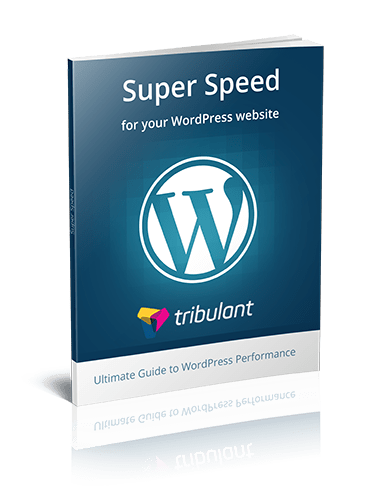
How WordPress Plugins Work Together

All of the almost 60,000 (at time of publication) free WordPress plugins use the same coding languages: mainly PHP with some HTML, CSS, and JavaScript thrown in to spice things up. Theoretically, it would seem that WordPress plugins could work together when multiple plugins are used for a WordPress site.
In reality, though, there are sometimes conflicts between different plugins that make it difficult to get the functionality you want or need for your site. Coding of plugins can get very complex, and sometimes part of one code will counteract another or prevent it from working altogether.
The Wisdom of Using Multiple Plugins
Many WordPress experts caution users against using too many plugins, both because they might conflict with each other and because using lots of plugins is thought to slow down the rate at which pages load. The experts at WP Beginner have a different viewpoint about plugins, however. Their own site uses at least 53 plugins, all of which work together perfectly and load pages in under a second. Caching also assists with this.
When a page is loading too slowly, says WP Beginner, it is typically because plugins are poorly coded, not because there are too many. Getting rid of poorly coded plugins will resolve the problem and get your pages loading quickly again. Fortunately, there are usually many options for each type of plugin, so it may just take some experimentation to discover which ones work best.
The only alternative to using the plugins you need is adding the code directly into the theme’s programming or by developing your own plugins. Adding it directly to a theme is not recommended because if you switch themes, the code that was added will not transfer with the rest of your information. You can still move the code but it will take development time. It would be best to create your own theme with your own set of features. Adding large amounts of code directly to your theme may ruin your site when the theme, other plugins, or WordPress itself updates.
Getting Plugins to Play Nice
Apart from reading specific reviews (if they even exist), trial and error is the only reliable way to know which plugins will not work together. To avoid problems with your site, you can try plugins privately on your own system or dev/staging site before you make them part of your public site. This seems like it might be a lot of work, however.
There is an easier way to make sure your plugins will all work together and contribute to the proper functioning of your site. It only makes sense that using plugins created by the same person or company would be made to function together and would create fewer conflicts.
Tribulant’s Plugins Integrate Seamlessly
Tribulant has a full line of premium WordPress plugins that offer all the features you need to fully customise your site including newsletters, shopping cart, FAQ page, image and slideshow gallery, popups, and more. All of Tribulant’s plugins work together to create the exact site you need and want. With Tribulant plugins, there is no need to wonder whether one plugin will conflict with another. Everything is integrated to work just as it should, especially with Tribulant Hosting which helps ensure speed and compatibility. While some issues can arise occasionally due to WordPress and PHP version updates, we are quick to resolve those.
In addition, Tribulant offers free support with all plugins, so if there is a problem between any of the plugins or even with an outside popular plugin, there is expert help available to get things working the right way.

I am the owner at Tribulant Software and I have a great passion for WordPress, development, blogging and the Internet in general. Building useful plugins to improve WordPress’ functionality is my goal.
Earn Money by Referring People
Refer customers to us with your affiliate link and earn commission on sales from your link.




No comments yet